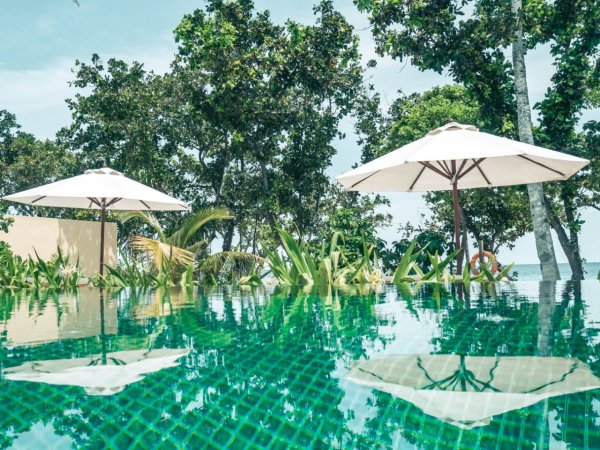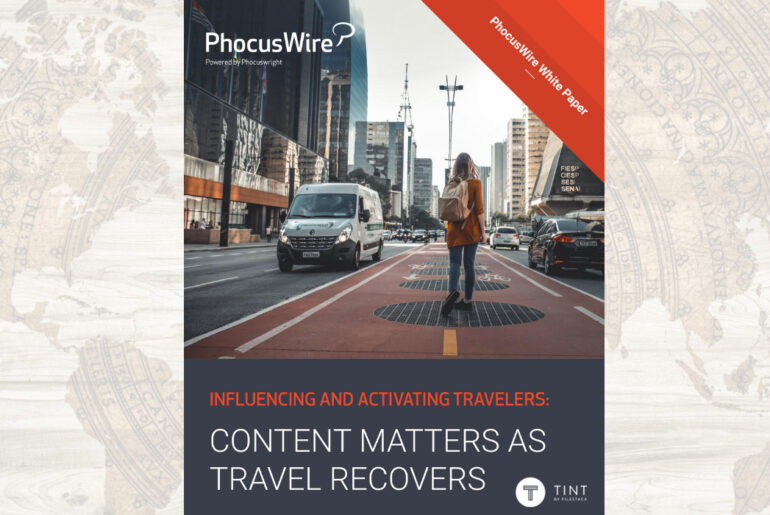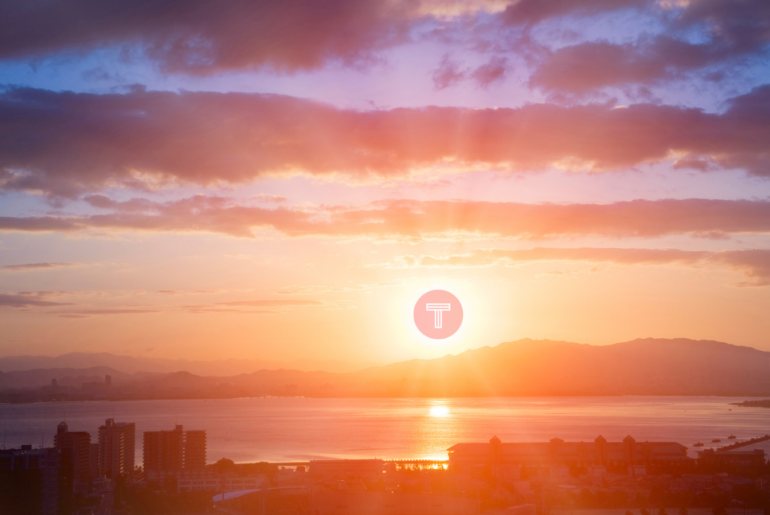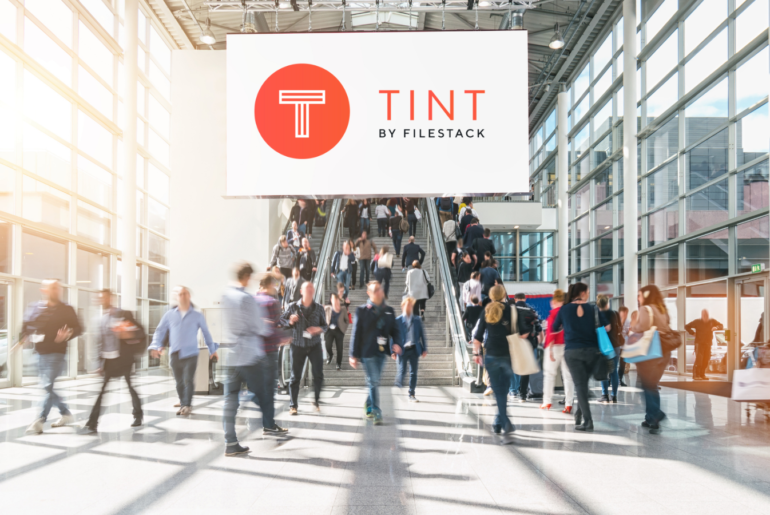While the whole world has been upended by the coronavirus pandemic, the hospitality industry has been hit particularly hard. Between business travelers being grounded at home and municipalities shutting down restaurants, festivals, and cultural institutions, bookings at hotels have dropped precipitously.
As we emerge from this trying time, marketing efforts will have to adapt and user-generated content (UGC) has never been more important for hospitality to connect and communicate trust and safety with guests and visitors in a post COVID-19 world.
Cleanliness is Paramount
As travelers emerge from the safety of their homes, their number one concern is the cleanliness of their alternative accommodations. As reported in Longwood’s Travel Sentiment Study at the end of June, the two factors most important to travelers are a clear and thorough cleaning plan (43% of those surveyed) and staff health checks and strict use of personal protective equipment (34%). And the industry is quickly taking note to keep up with this abrupt change of guest preferences.
The Chicago Tribune reports that Hilton has teamed up with the Mayo Clinic and the maker of Lysol to develop cleaning procedures for the COVID-19 era, and Airbnb is creating cleaning protocols for their hosts with guidance from a former U.S. Surgeon General. Johns Hopkins Medicine International is consulting Four Seasons on health and safety decisions, while the Westin Houston Medical Center is the first hotel to employ germ-busting robots that scan rooms with a UV light to kill bacteria, fungi and viruses.
A hotel’s cleaning efforts are the new hot amenity
Hospitality marketers would be wise to clue in on this, showcasing the efforts that a brand goes to in order to ensure a clean and safe experience. Highlighting these stories—and the frontline employees who are ensuring safety—through guest user-generated content in traditional advertising, digital efforts and social media will be key in revitalizing consumer confidence in the hospitality industry.
Focusing on cleanliness is not going to be a one-and-done campaign. The Points Guy suggests that a “clean certification” could be on the horizon, and industry experts believe that it is going to take until 2023 for the hospitality industry to reach pre-pandemic levels. So buckle up—the emphasis on hygiene is most likely going to become a fixture in your marketing strategy.
Travel is Happening Closer to Home
While many tourists are anxious to fly the friendly skies, one cornerstone of the American family has returned: the road trip.
“Tourism recovery typically begins locally,” Elizabeth Monahan, spokesperson for Tripadvisor.com, recently told CNBC. “Travelers tend to first venture out closer to home, and visit their local eateries, stay local for a weekend getaway or travel domestically before a robust demand for international travel returns.”
The Longwood’s Travel Sentiment Study at the end of June validated Monahan’s assessment, stating that 30 percent of the respondents had changed their travel plans to a destination they could reach by car. One possible reason? People are more aware of the recovery efforts in their locale and are more willing to get their R&R in the immediate vicinity.
Marketers should begin shifting their marketing efforts from attracting outside visitors to becoming more attuned to a local audience. A focus on ads both in town and in markets that are a reasonable drive away will become the norm. And one savvy play will be to engage local social media audiences in “staycation” campaigns.
Tapping into local social media users that create content makes a lot of sense in the COVID-19 landscape. Make no mistake, social media users don’t have to have millions of followers to be effective. Micro- and nano-influencers are family members, friends or coworkers who have a small but mighty social media presence.
Their voice matters to their smaller audience because it is perceived as being authentic. When they recommend an experience, a brand, or a hotel, their word is as genuine as advice from a friend. With TINT —you can easily engage these “real” audiences and kickstart local campaigns to promote social contests and see who is posting about your brand or using related keywords in a very quick and visual manner. This content can be used to further show how real people are engaging with and trusting your brand.
Socially Distant Amenities
In a world where we have to mask up and be six feet apart, many of the hotel amenities of yesterday are just not practical, but that doesn’t mean you can’t deliver a special experience for guests on your property.
USA Today recently reported on the socially distant amenities that Hyatt is offering to guests at locations across the country. For lovebirds looking to tie the knot, the Hyatt Regency Lake Tahoe offers a private, in-person wedding ceremony that can be streamed to friends and family at home. Missing the camaraderie—and stiff drinks—at the lobby’s cocktail bar? Some Hyatt locations will send up mixers and liquor to your room and host a Zoom session to show you how to properly shake or stir your drink. And the Hyatt Regency Huntington Beach in California is offering a picnic basket dinner along with blankets for guests to enjoy a bite and watch the sunset over the Pacific.
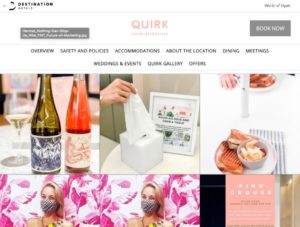
The key is to drive social connection even while being physically distant. Brands should encourage staff to get creative on how to connect with guests and test out novel ideas—you never know what will stick.
And when you find a winning experience, be sure to provide the hotel’s social media handles and hashtag for consumers to use in social posts. This simple ask is an easy way to encourage hotel guests to create user-generated content (UGC) that lauds the creativity of your property.
The UGC Platform to Connect with Guests
As the hospitality industry recovers, it’s important to understand how much UGC can connect your brand to guests.
TINT surfaces content that your guests create, and makes it easy to secure permissions to repurpose that content across your marketing campaigns, web galleries, and social media platforms.
We’re here to help. Our content and social experts are available for a no-obligation consultation. Together, we’ll walk through a blueprint designed to scale as your guests return. Schedule a time to chat.

